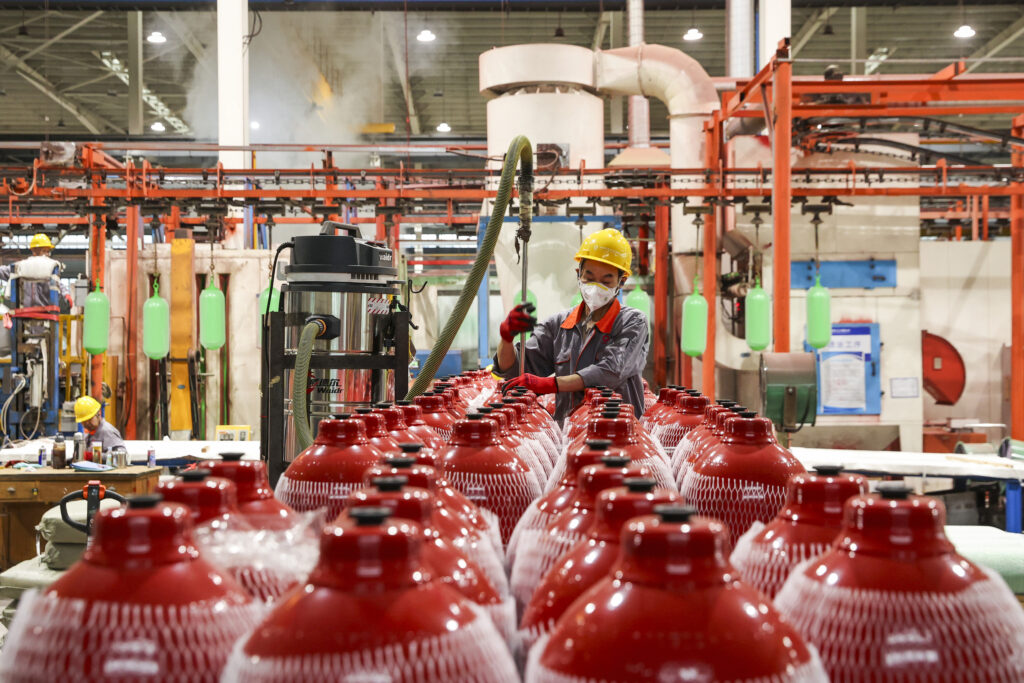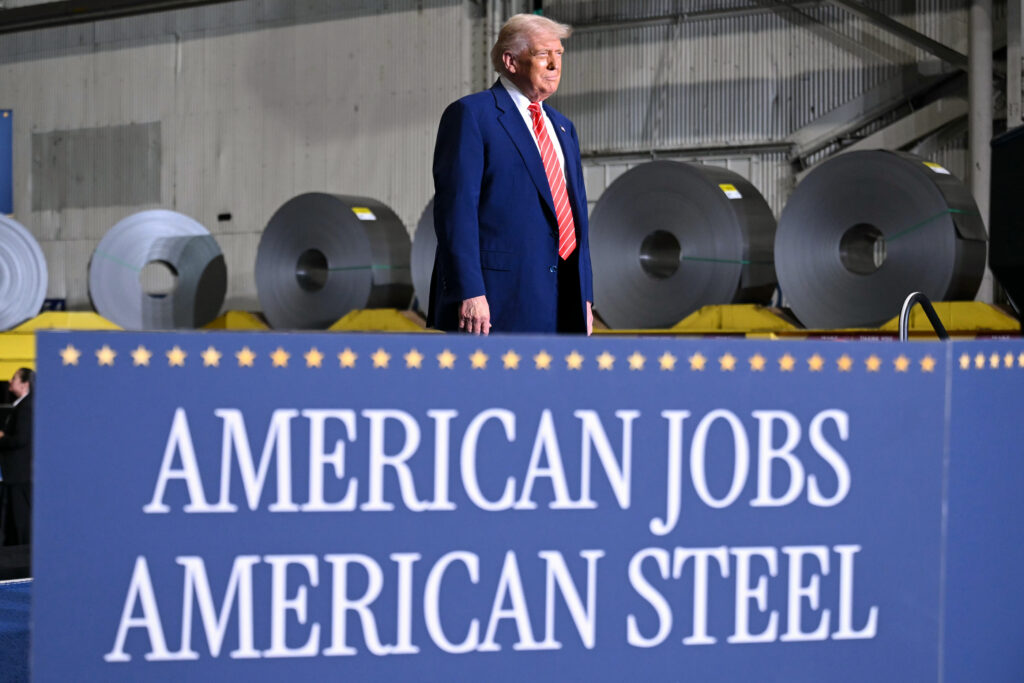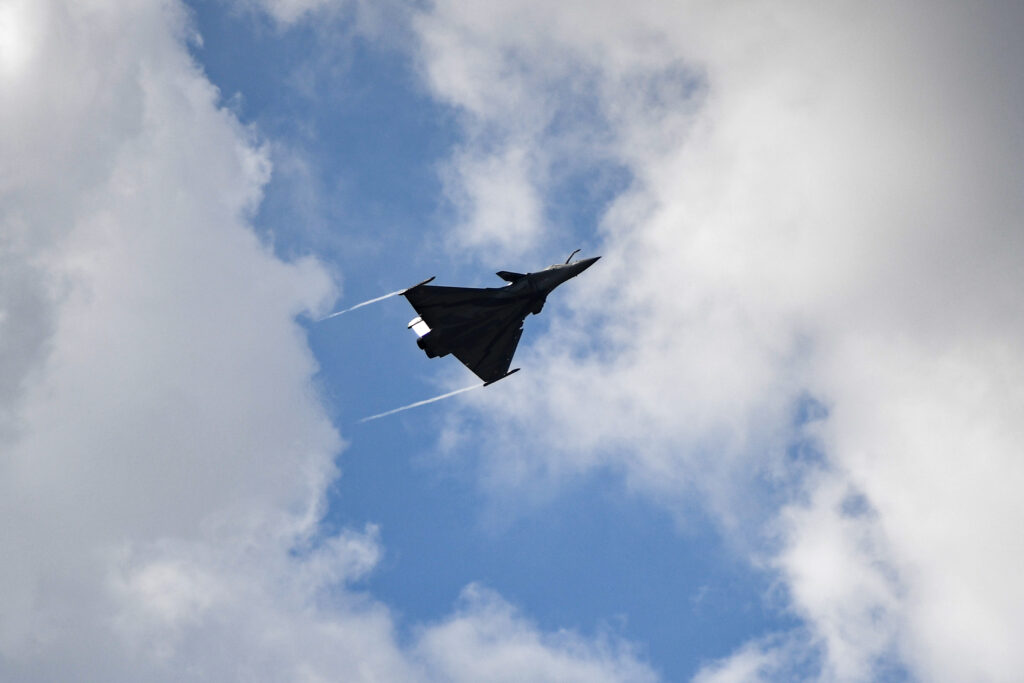China factory output slumps but consumption offers bright spot
China’s factory output grew slower than expected last month as trade war pressures bit, official data showed Monday, while a bump in a key gauge of domestic consumption offered a rare bright spot for the economy.The United States and China this month agreed to a temporary truce in a blistering trade war that saw tariffs hiked to eye-watering levels and upended global supply chains.And the impact of the standoff was highlighted Monday as a report showed industrial production grew just 5.8 percent last month, below the 6.0 percent predicted in a survey of economists by Bloomberg.That was below a forecast-beating 6.1 percent in April, according to the data published by the National Bureau of Statistics (NBS).”Weaker external demand was partly to blame,” Zichun Huang, China Economist at Capital Economics said in note.”Despite the tariff truce, the contraction in industrial sales for export appears to have deepened last month.”However, retail sales — a key gauge of consumer demand — grew 6.4 percent year-on-year in May, according to the NBS, topping the 4.9 percent forecast in the Bloomberg survey and sharply up from April’s 5.1 percent increase.Zhiwei Zhang, president and chief economist at Pinpoint Asset Management, wrote in a note that the retail sales figures “came as a surprise” — pointing to the possible impact of a government trade-in programme for consumer goods.The NBS said the world’s number two economy “maintained stability” last month as authorities “stepped up the implementation of more proactive and effective macro policies”.But it added that “there are still many unstable and uncertain external factors, and the internal momentum for expanding domestic demand needs to be further strengthened”.Beijing has struggled to sustain strong growth since the pandemic, grappling with deep-seated problems at home including a persistent slump in domestic consumption and a debt crisis in the property sector.Commercial property prices in a representative group of 70 cities fell month-on-month in May, reflecting continued consumer caution, the NBS said.The surveyed unemployment rate — another closely watched figure as millions of young people struggle to find suitable work — edged down to five percent in May from 5.1 percent the previous month, the bureau said.China is targeting economic growth of around five percent this year.But the picture has been complicated by trade tensions with Washington that erupted in a gruelling tit-for-tat tariff war after US President Donald Trump took office in January.The two sides have since agreed a pause on retaliatory levies but have not yet announced a lasting deal.







